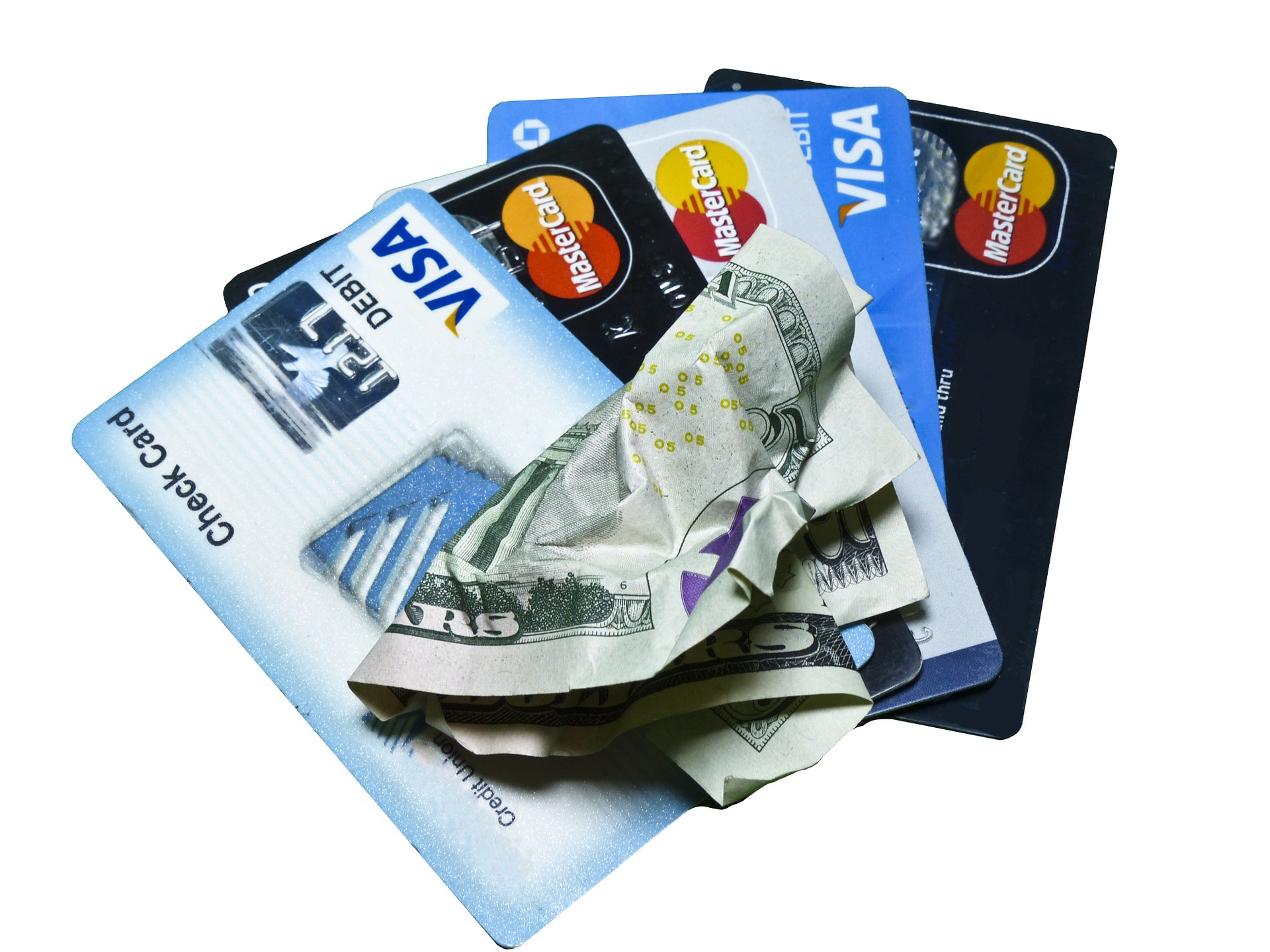
Go to school, go to work, do homework and projects, go to club meetings, clean your room, go to bed; get up and do it all over again with little time to spare. Considering the amount of commitments everyone has, it’s a wonder there’s time to do anything but work, let alone do the one thing many dread: exercise. There’s danger in getting caught up in the busyness of all our responsibilities, though—major stress, both emotional and physical. The best way to allot enough “me” time to de-stress and stay healthy is to be active a few times a week. During the hours spent looking through Netflix, trying to find something to watch, we’re better off doing some kind of physical activity. Most times, marathoning a TV show on the couch seems much more appealing than prepping for a marathon, but the no-so-long-term benefits of exercise are worth the extra effort.
L et’s get physical. The most obvious benefits of exercise are the physical ones. First of all, exercising develops muscles and burns fat, contributing to our physical fitness. Depending on your personal self-image, exercise may be what you need for an extra confidence boost. Secondly, exercise is great for our insides. Physical activity strengthens the heart, just like any other muscle, and lowers blood pressure. While this may not sound too exciting now, 70-year-old you will thank you for it. Exercise can also give you an energy boost, in addition to help you sleep more soundly. Better sleep patterns can lead to better work performance, decreased stress and generally better moods.
et’s get physical. The most obvious benefits of exercise are the physical ones. First of all, exercising develops muscles and burns fat, contributing to our physical fitness. Depending on your personal self-image, exercise may be what you need for an extra confidence boost. Secondly, exercise is great for our insides. Physical activity strengthens the heart, just like any other muscle, and lowers blood pressure. While this may not sound too exciting now, 70-year-old you will thank you for it. Exercise can also give you an energy boost, in addition to help you sleep more soundly. Better sleep patterns can lead to better work performance, decreased stress and generally better moods.
Happy, happy, happy. As Elle Woods once said in “Legally Blonde,” “Exercise gives you endorphins. Endorphins make you happy. Happy people just don’t shoot their husbands. They just don’t.” Sustained. Endorphins, dopamine and serotonin are the “feel good” chemicals our bodies produce when we exercise, and even after we finish exercising. The production of these chemicals leads to less stress, more happiness, less depression, less anxiety and better self esteem. These benefits transfer into every facet of our lives, including work and school. Physical activity can lead to better performance at work, in school and play a part in developing healthy personal relationship. So, in the interest of your academic life, personal life and career, get up and be active.
 The starting line. In order to cash in on the benefits of exercise, you should be active three to five times a week for at least 30 minutes each time. Being physically active doesn’t necessarily mean hitting the gym. Choose an exercise that you enjoy, not one that makes you miserable. The more fun you have exercising, the more you’ll want to do it, and the better the payoff will be. Shake it up and rotate your activities to avoid boredom: attend a yoga class, go golfing without the golf cart, ride your bike, or jog around the neighborhood with the dog (he could probably use the exercise, too). Anything that gets your heart pumping is fair game. Give yourself the motivation you need by setting goals for yourself: nail the tree pose in yoga without toppling over, shave an extra minute off your mile, do three more reps in each weight session, etc.
The starting line. In order to cash in on the benefits of exercise, you should be active three to five times a week for at least 30 minutes each time. Being physically active doesn’t necessarily mean hitting the gym. Choose an exercise that you enjoy, not one that makes you miserable. The more fun you have exercising, the more you’ll want to do it, and the better the payoff will be. Shake it up and rotate your activities to avoid boredom: attend a yoga class, go golfing without the golf cart, ride your bike, or jog around the neighborhood with the dog (he could probably use the exercise, too). Anything that gets your heart pumping is fair game. Give yourself the motivation you need by setting goals for yourself: nail the tree pose in yoga without toppling over, shave an extra minute off your mile, do three more reps in each weight session, etc.
Next time you go to sit down and browse for a show you’re just going to be bored of 10 minutes in, consider doing something that will pay off big time in the long run—exercise. Get started today, but first, take our quick fitness course to find your motivation!

 Write: Even if you don’t fancy yourself a ‘writer’, writing is an awesome tool for developing creativity. For non-writers, there are many ways to make writing work for you: idea books, mind maps, “100” lists, morning pages, and writing prompts are just some of the popular exercises. Many of these do not require proper grammar, spelling, or even full sentences. Think of these as streams of consciousness, as the words come to you, write them down, don’t second guess yourself—just write.
Write: Even if you don’t fancy yourself a ‘writer’, writing is an awesome tool for developing creativity. For non-writers, there are many ways to make writing work for you: idea books, mind maps, “100” lists, morning pages, and writing prompts are just some of the popular exercises. Many of these do not require proper grammar, spelling, or even full sentences. Think of these as streams of consciousness, as the words come to you, write them down, don’t second guess yourself—just write.

![AdobeStock_81220856 [Converted]](http://blog.nextstepacademy.com/wp-content/uploads/2016/03/AdobeStock_81220856-Converted.png) Students looking to study communications are often faced with one of two dreaded questions: “what are you going to do with
Students looking to study communications are often faced with one of two dreaded questions: “what are you going to do with ![AdobeStock_71209553 [Converted]](http://blog.nextstepacademy.com/wp-content/uploads/2016/03/AdobeStock_71209553-Converted.png) Journalism
Journalism